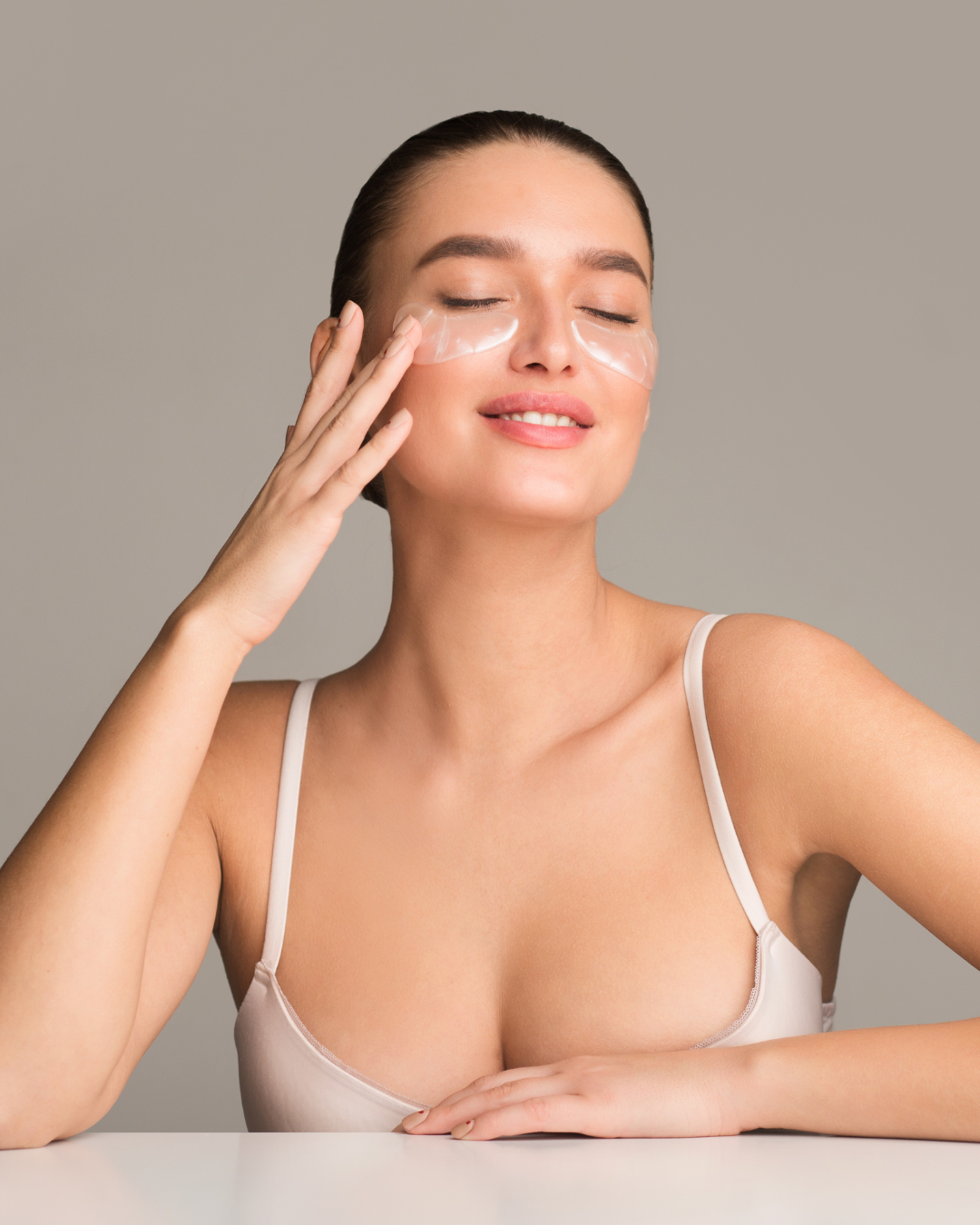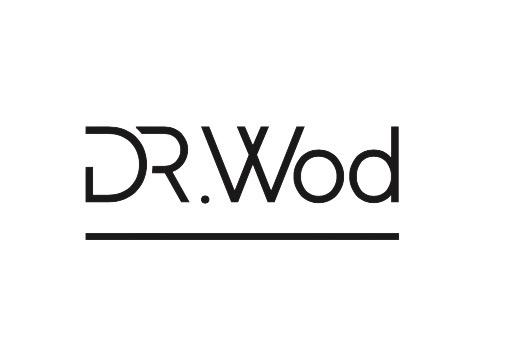
How Sugar Affects Collagen and Skin Health
Share
Have you been investing in skincare or treatments, yet your skin still feels dull or less firm? Are fine lines appearing earlier than you expected? You might be doing everything right on the outside, but could something in your everyday diet be working against you? It may be linked to sugar and its impact on collagen.
Think of collagen as the scaffolding that holds your skin in place. It keeps everything lifted, firm, and supported. Many people attempt to boost their collagen levels with treatments or skincare products. However, one habit often works against these efforts: consuming excessive sugar.
How sugar damages collagen in your skin
When you eat sugar, your body goes through a process called glycation. This happens when sugar binds to proteins and fats in your blood. It forms compounds known as advanced glycation end products (AGEs). [i]
AGEs damage collagen by stiffening and weakening its fibres. Over time, this breaks down the skin’s structure.
Signs of collagen damage in your skin
When collagen weakens, your skin often shows early signs. These include:
- Fine lines or wrinkles appearing sooner than expected
- Loss of firmness or a dull, tired appearance
- A rougher or more uneven texture, especially around the cheeks or jawline
These changes may not seem dramatic at first. But they can add up over time, especially when sugar plays a role.
Common sources of sugar that affect collagen
Not all sugars affect your skin equally. Some types are more harmful than others, especially regarding collagen breakdown.
Refined sugars and high-fructose corn syrup have the most significant impact on glycation. These ingredients are commonly found in:
- Soft drinks, energy drinks, and sweetened juices
- Biscuits, cakes, and processed snacks
- Flavoured yoghurts and cereals
- Sauces, marinades, and condiments like ketchup and BBQ sauce
Even seemingly healthy options like fruit juice or honey can contribute to excess sugar intake if consumed in large amounts. Although these sugars may be natural, they still affect blood sugar and glycation when overused.
Reading ingredient labels and being aware of hidden sugars in everyday products is a practical way to protect your collagen over time.
Why sugar and collagen loss are connected
Collagen gives skin strength and structure. However, because it breaks down with excess sugar, skin loses firmness and elasticity, leading to earlier signs of ageing.
Sugar also increases inflammation and oxidative stress. [ii] That can make managing problems like acne, redness, or slow healing harder.
How to support collagen and reduce sugar impact
You don’t need to cut out sugar completely. Small changes can make a big difference: [iii]
- Choose whole foods over packaged snacks
- Cut back on sugary drinks
- Eat more foods rich in antioxidants like berries, nuts, and leafy greens
- Wear daily sun protection
Where Dr Wod Cosmetic Clinic fits in
At Dr Wod Cosmetic Clinic, we believe healthy skin starts with understanding what’s happening below the surface.
We take a personalised approach. First, we listen to your concerns. Then, we guide you toward treatment options and lifestyle changes supporting collagen health and long-term skin goals.
If you’re noticing changes in your skin and wondering where to start, we’re here to help you move forward with clarity and care.
Book a personalised consultation at Dr Wod Cosmetic Clinic to confidently explore your next steps.
Frequently Asked Questions (FAQs)
1. Does sugar from fruit affect collagen the same way as added sugar?
Fruit contains natural sugars, but it also contains fibre and antioxidants. These help slow sugar absorption and reduce the risk of glycation.
2. How much sugar is too much regarding skin health?
Everyone is different, but regularly exceeding the recommended daily sugar intake can contribute to collagen breakdown over time.
3. Can sugar in skincare products damage collagen?
Topical sugar isn’t linked to collagen loss. The concern is primarily with dietary sugar.
4. Is there a link between sugar cravings and skin flare-ups?
While not direct, spikes in blood sugar can trigger inflammation, which may worsen skin conditions.
5. Do artificial sweeteners have the same impact on collagen as sugar?
Current research suggests artificial sweeteners do not cause glycation like regular sugar, but their broader health impact is still being studied.
6. Can high sugar intake cancel out the benefits of collagen treatments?
Excess sugar may counteract the effects of skin treatments aimed at improving collagen, especially over time.
7. How fast does sugar affect the skin’s collagen?
Glycation is gradual, but the effects can build up. Long-term habits matter more than short-term spikes.
8. Are low-GI diets better for collagen support?
Yes. Low-GI diets can help reduce blood sugar spikes and glycation, which benefits collagen maintenance.
9. Is sugar the only dietary factor that affects collagen?
No, sugar is one of several factors that can negatively impact collagen. Lifestyle habits like smoking and alcohol consumption can also degrade collagen. On the other hand, nutrients such as vitamin C, protein, and antioxidants play an important role in supporting collagen production and protection.
References:
[i] Prasad, C., et al. (2017). Advanced Glycation End Products and Risks for Chronic Diseases: Intervening Through Lifestyle Modification. Am J Lifestyle Med, 13(4), 384–404. https://doi.org/10.1177/1559827617708991 , https://pmc.ncbi.nlm.nih.gov/articles/PMC6600625/
[ii] González, P., et al. (2023). Hyperglycemia and Oxidative Stress: An Integral, Updated and Critical Overview of Their Metabolic Interconnections. Int J Mol Sci, 24(11), 9352. https://doi.org/10.3390/ijms24119352, https://pmc.ncbi.nlm.nih.gov/articles/PMC10253853/
[iii] Sasaoka, Y., et al. (2021). Study on the Mechanism of the Blood-Glucose-Lowering Effect of Collagen Peptides from Sturgeon By-Products. Mar Drugs, 19(10), 584. https://pmc.ncbi.nlm.nih.gov/articles/PMC8541525/
